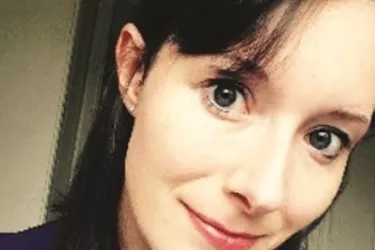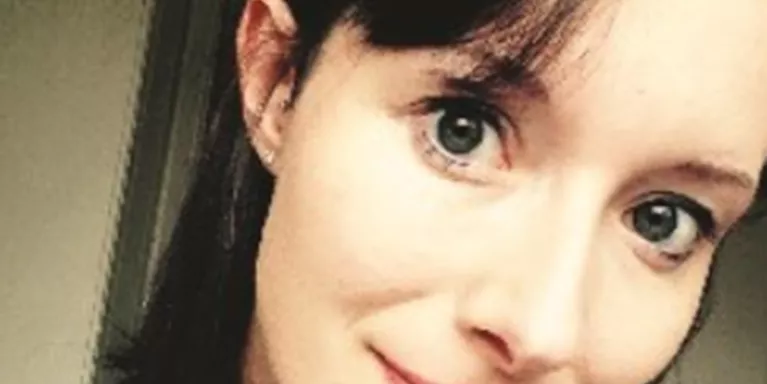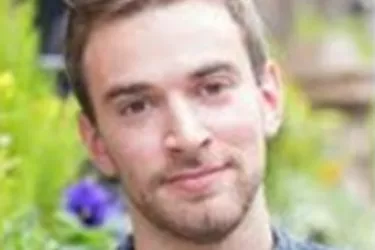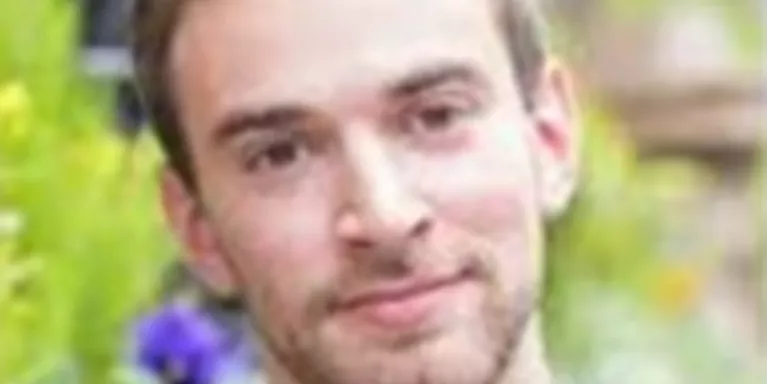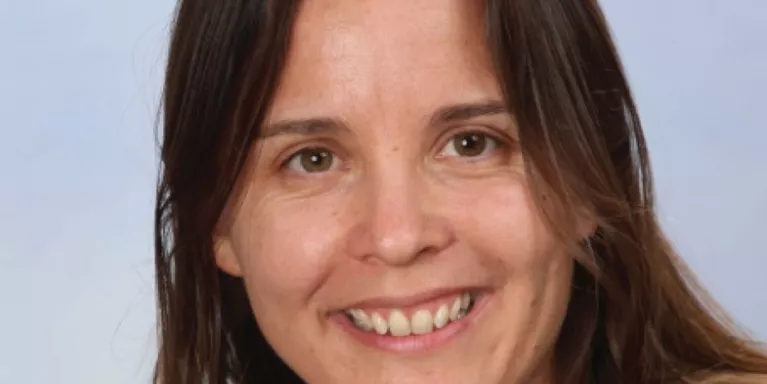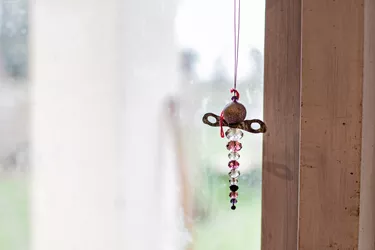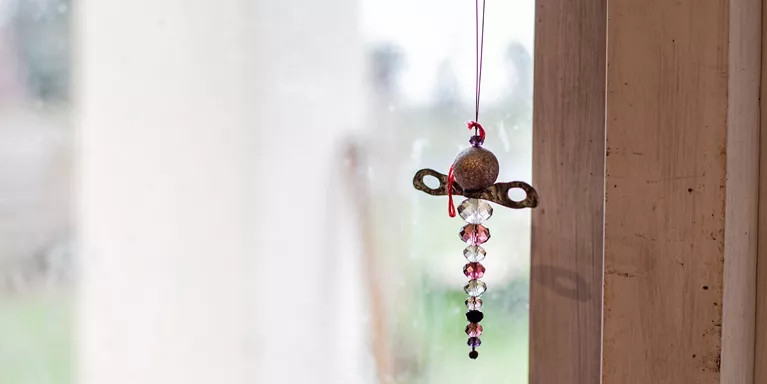How I learnt to sleep again
David blogs about how following a series of simple steps helped him tackle depression, anxiety and Insomnia.
In April of last year my mental health started to slide. I was no stranger to anxiety and depression, so the early waking, cold hands, and distractedness were unwelcome symptoms that I was becoming unwell. But what followed was a helpless and rapid spiral into an insular anxiety that left me barely able to describe how I felt.
Every night I’d crash, utterly exhausted by 10pm only to snap awake in the small hours
As a self-employed creative director ideas and self-belief are my daily tools, but my concentration became so poor and my thinking so clouded that I found myself unable to function. Fear of failure and reputational damage left me unable to make decisions which compounded my low mood, undermined my confidence and further fed the anxiety. In turn the anxiety fuelled a numbing isolation leaving me struggling through a daily fog, caught between worrying about the future and dwelling on the past. Every night I’d crash, utterly exhausted by 10pm only to snap awake in the small hours when anxious thinking would fire my fight-or-flight response.
But I’m lucky. I’ve got incredible support around me. When I got to the point where I had to ask for help, my wife was there to pick me up and take me to my GP. I tried various medications to get my sleep back on track and calm my adrenal responses. And, despite my reluctance I began a course of SSRIs.
Slowly I found more space in my mind. Space that I initially filled with the drive to cure myself of my anxiety. It was my problem and, being a practical sort of thinker, I set about figuring it out. Podcasts, websites, researching lifestyle, diet, causes, triggers, cures, classes and courses. More thinking about thinking. It almost became an obsession, and while it was a welcome distraction it felt like arm wrestling with myself. Pointless and tiring.
I did however, find some great support online, and it was around this time that I discovered the resources on the Mind website. It was here that I found a page on the ‘Five ways to wellbeing’. I’d heard about it on a podcast but when I read the articles the penny dropped.
Of all the things I’d read and heard this simple framework jumped out at me. Here was an academic framework that helped me rationalise the plummet in my wellbeing and, more importantly, something which offered me a roadmap for recovery.
As I read about the five ways (keep active, connect, take notice, learn, and give) I realised that neglecting them had caused me to lose my way
As I read about the five ways (keep active, connect, take notice, learn, and give) I realised that neglecting them had caused me to lose my way. One by one I was able to apply them to my situation.
A serious knee injury had meant that I’d stopped exercising and doing the sports that were social as well as physical outlets for me. With little mobility and activity my sleep suffered, and my concentration worsened.
A heavy workload saw me working too many hours, further impacting my sleep and social life. Too busy to practice mindfulness I became lost in thought and was rarely in the moment. And I was in no place to give. I could barely function for myself and my family let alone offer kindness to others.
Connection became the final casualty of my over thinking. I’d dread the school run and the prospect of having to talk to other parents for fear of being found out. I felt I had nothing interesting to share on social media. It was easier to withdraw and disconnect.
But this evidence-backed route to better wellbeing appealed to my practical side so I got to work. I re-started mindfulness meditation and began to move more often. Instead of lying awake early, spiralling in negative thought, I started getting up instead. The doing – whatever it was – being far more helpful than thinking. Facing into my anxiety became a project, getting to know it became a learning, and slowly things began to improve.
With more exercise came better sleep and a clearer mind
With more exercise came better sleep and a clearer mind. I’d become convinced that getting the sleep I so desperately needed was about having a good night, but in reality the more I filled my days, the better I slept. With greater head space and less distraction. mindfulness came more easily, and I began to pick up the phone, talk to more people and simply do more stuff. The more I did, the better I felt. As the fog lifted work became easier and my confidence returned. The giving bit was harder initially, but even sharing my experiences and acknowledging that I wasn’t suffering alone created space to view anxiety differently.
Nine months on, I still get anxious thoughts, and I still wake early from time to time. But with the continued support of those around me, and the knowledge to view my wellbeing as five pillars that need regular attention, I feel I’m on solid ground where before I might have slipped.


Information and support
When you’re living with a mental health problem, or supporting someone who is, having access to the right information - about a condition, treatment options, or practical issues - is vital. Visit our information pages to find out more.
Share your story with others
Blogs and stories can show that people with mental health problems are cared about, understood and listened to. We can use it to challenge the status quo and change attitudes.










